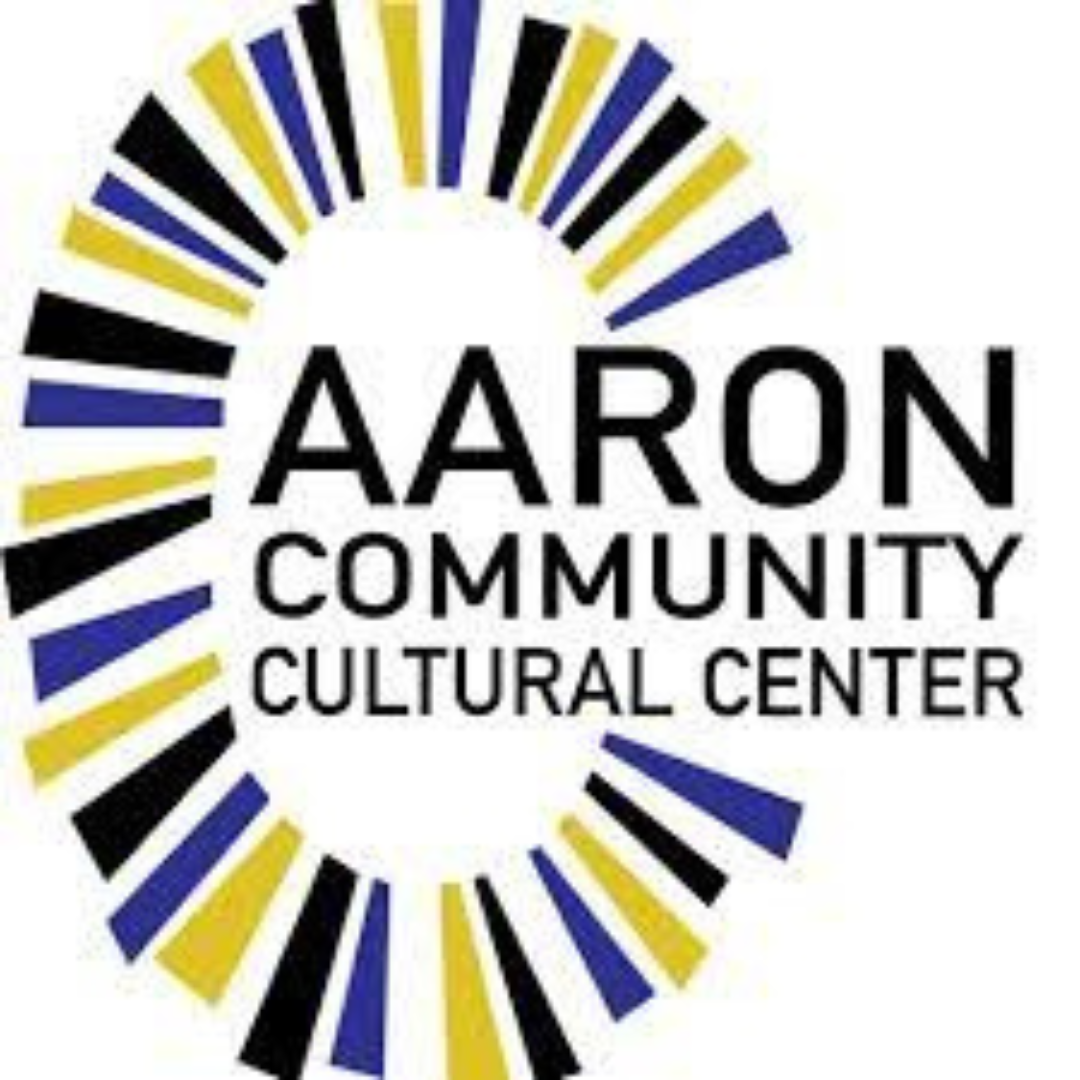What is a 12-Step Program?
The Twelve Steps, created by the organization Alcoholics Anonymous, is a framework for healing from alcohol addiction. It not only benefits the individual struggling with addiction, but also family members and friends who are supporting their loved one. According to SAMHSA, “Treatment effectiveness is believed to be maximized the more a client is able to personalize the concepts expressed by the steps into her own life.”
Because of how 12-step programs originated, we often think they are only for individuals struggling with alcohol addiction—but this couldn’t be further from the truth! This recovery system is geared toward healing, so it could be beneficial for other circumstances including drug addiction and codependency issues in relationships.
To give you a little more background, we’ve included the 12 steps below. According to VeryWell Mind, the 12 steps of recovery programs are:
1. Honesty
This step involves admitting you are powerless over alcohol.
2. Faith
This step involves believing a higher power or spiritual truth can help you in recovery. This does not have to be the Christian God, rather whatever faith outside of yourself an individual can connect with. Some examples may include nature, deceased loved ones, etc.
3. Surrender
This step involves turning over your life to the higher power you select.
4. Soul-Searching
This step is exactly what it sounds like—thinking deeply and processing events in your life that may have contributed to your present struggles.
5. Integrity
This step involves taking inventory of your behavior and past actions.
6. Acceptance
Acceptance refers to acknowledging your limitations.
7. Humility
Humility refers to asking your higher power to help you accomplish recovery, which is something you can’t do on your own.
8. Willingness
Willingness refers to being open to reconciling and apologizing to individuals in your life who you may have hurt.
9. Forgiveness
Forgiveness is the actual step of apologizing to your loved ones, or if you are a family member of the individual with addiction, forgiving your loved one. Remember, forgiveness doesn’t necessarily mean you allow someone back into your life, rather it is an act you take to set yourself free.
10. Maintenance
This step refers to continuing to work the steps and apologize to loved ones if you hurt them.
11. Making Contact
This step is all about making contact with your higher power and determining what he/she/they have in store for your life.
12. Service
In recovery, giving back to others is an important part of healing.
To read more about each step, head here.
In many 12-step programs recovery is focused on the discussion of the effects of addiction and responding with specific actions. In order to work on this process there are two unique features:
A group setting: A group setting allows individuals to work together and work through their self admission. In these groups, the 12-steps of recovery are discussed and applied.
Sponsorship: A sponsor is an experienced individual who is also going through the recovery program, but they ultimately serve as a mentor and share their experience of recovery.
Unsplash photo via Lindsay Henwood

